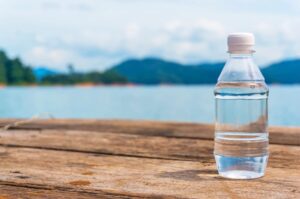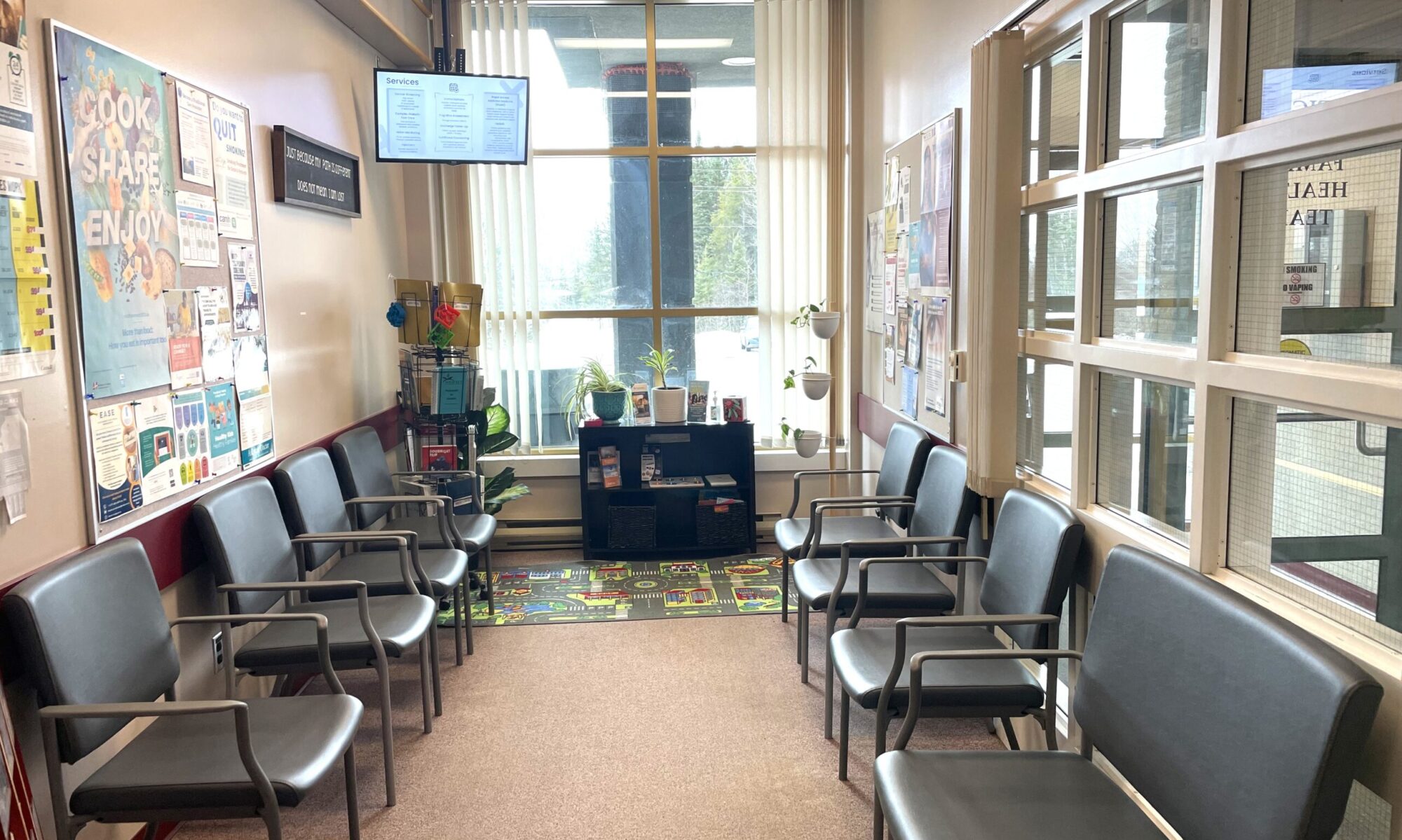
Why Fluids Matter: The Hydration Celebration!
Hey there, hydration heroes! 🌊 Are you ready to dive into the world of fluids and discover why they’re your body’s best friends? From nourishing your cells to keeping your body temperature in check, fluids play a starring role in your daily adventures. Let’s explore why staying hydrated is crucial, how to spot dehydration, and fun tips to make drinking water an enjoyable part of your routine!
The Superpowers of Fluids
First off, let’s give a round of applause to fluids! 👏 Here are just a few of their amazing abilities:
- Nutrient Transport: Fluids help move essential nutrients to where they’re needed and whisk away waste like the champions they are.
- Blood Pressure Buddy: They keep your blood pressure in the healthy zone, ensuring your body runs smoothly.
- Cushioning Agent: Think of fluids as protective pillows for your joints and organs—cushioning them from daily impacts.
- Temperature Control: Fluids regulate your body temperature, so you can stay cool during those hot summer days.
- Dehydration Defense: Staying hydrated lowers your risk of dehydration and heat stroke, keeping you feeling your best.
What is Dehydration?
Now, let’s talk about the D-word—dehydration! This sneaky condition happens when you lose more fluid than you take in. You might not always feel thirsty, which is why it’s super important to sip water throughout the day. Here are some signs that you might be running low on fluids:
- Thirsty? Yep, that’s your body’s first SOS!
- Dry lips and mouth? Time for a drink!
- Flushed skin? Your body might be waving a red flag.
- Headache and dizziness? Don’t ignore those signs!
How Much Water Do You Need?
So, how much hydration is enough? It varies by age, gender, and activity level, but a good rule of thumb is 6-8 cups a day for teens and young adults. If you’re sweating it out in the summer sun or hitting the gym, you’ll need even more to keep those hydration levels up!
A Special Note for Older Adults
Older adults need to pay extra attention to their hydration! Dehydration can lead to dizziness and falls, so keeping those water bottles filled and close by is essential. Plus, it helps combat constipation—everyone loves a happy tummy!
Signs You Might Need More Fluids
Here are some quick checks to see if you’re getting enough H2O:
- Thirst: Feeling thirsty? Time to drink up!
- Urine Color: If it’s dark yellow or strong-smelling, it’s hydration SOS time. Light yellow? You’re golden!
- Mood Check: Feeling tired, light-headed, or unfocused? These might be hydration hints.
Fun Tips to Stay Hydrated
Now that we know how important fluids are, let’s make staying hydrated fun and easy!
- Thirst Awareness: Tune in to your thirst and sip throughout the day.
- Water Wins: Choose water over sugary drinks. Your body will thank you!
- Water Within Reach: Keep a water bottle handy at work, school, or while out and about.
- Fluid Friends: Enjoy milk, fruit juices, and soups to mix up your hydration game!
- Decaf Delight: Opt for decaffeinated drinks more often—keep those hydration levels up!
- Sips with Snacks: Take a few sips of water during meals and snacks.
- Infused Refreshment: Keep a jug of ice water with lemon, lime, or cucumber slices in your fridge for a zesty twist.
- Hot Weather Hydration: Drink more when the temperature rises or when you’re super active.
Cheers to Hydration!
Staying hydrated isn’t just a chore; it’s a vital part of living your best life! So raise your water bottles and toast to fluids—the unsung heroes of your health. Remember, the more you hydrate, the better you’ll feel, so make it a daily habit to drink up! 💧✨
Let’s keep those fluids flowing, folks!

